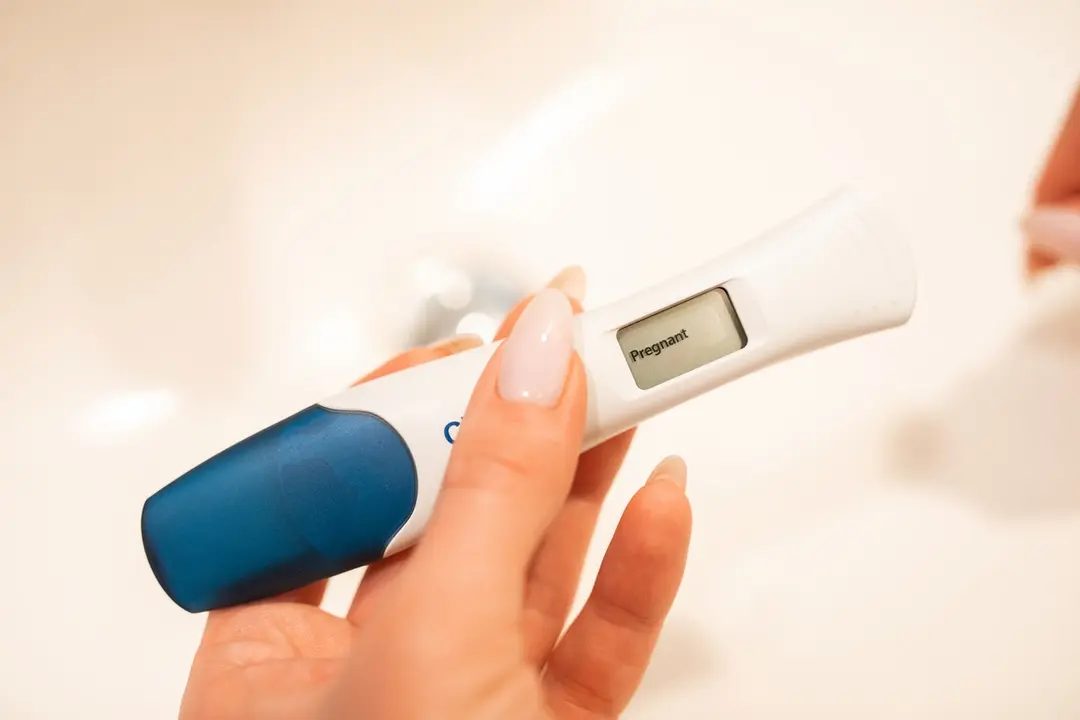A woman or couple undergoes a whole array of devastating emotions when they see only “one” line pop up on the pregnancy test. It can be more than challenging to stay positive, especially for those who have constantly been trying to conceive for years and are failing every time. In cases where aspiring couples fail to conceive naturally, luckily, fertility treatment options can help them live their dreams of parenthood. Fertility treatments are for couples for whom pregnancy is impossible and who suffer from numerous causes of infertility without any medical assistance.
Some of the popular fertility treatments for hopeful parents are the forms of new assistive reproductive technology, namely, in vitro fertilization (IVF), intrauterine insemination (IUI), intracytoplasmic sperm injection (ICSI), donor program, and much more. These are some of the most successful fertility treatments, and according to the most recent statistics, more than eight million IVF pregnancies have resulted in live birth rates. The cost of fertility treatments is determined by various factors, such as the location of the fertility centre, the qualifications of the fertility doctor, the patient’s medical condition, and others.
You may be wondering what fertility treatment steps are, what fertility treatments are available for your health condition, and how to begin them at the earliest. Now that you have a good understanding of how these vital treatments can help you in your pregnancy journey and comprehend the causes of infertility.
In this guide to fertility treatments, you will get answers to all your queries and questions related to infertility and fertility treatment options. Let us first understand in detail: what are fertility treatments? And what are the various types of fertility treatments?
What are fertility treatments?
Fertility treatments are a combination of fertility medications and surgical procedures that are used depending on the unique medical history and the causes of infertility in females and males. Some of the common situations in which fertility treatments are recommended to patients are:
- Blocked fallopian tubes
- Women suffering from endometriosis
- Decreased ovarian reserve
- Male factor infertility
- Unexplained infertility
Several other causes of infertility require the attention of a fertility specialist. Let us now understand the different types of fertility treatments performed to treat causes of infertility in males and females.
Fertility treatment types
Here are your fertility treatments options to achieve pregnancy: –
- In Vitro Fertilization (IVF): In Vitro Fertilization (IVF) is an Assisted Reproductive Technology (ART) procedure in which eggs are fertilized with the sperm outside the body in a specialized laboratory. Fertility medications are prescribed to women to support the ovaries in the production of more eggs than usual. The fertilized and prepared embryo is then transferred to the womb for further growth and development.
- Intrauterine Insemination (IUI): IUI is another popular fertility treatment that helps a woman become pregnant. It is an artificial insemination procedure that is less invasive as compared to IVF. The fertility specialist inserts the sperm into the maternal womb by using a thin medicinal plastic tube by passing it through the cervix.
- Surrogacy: Surrogacy is a fertility treatment that is offered to patients or couples who fail to conceive on their own. Some of the common reasons why surrogacy is recommended to couples are abnormal uterus, repeated IVF failures, recurrent miscarriages, and a complete absence of the uterus.
How do fertility treatments work?
During the initial consultation, the basic information about the medical history and medical conditions of the patient is collected by the fertility specialists. Based on this information, certain fertility tests and diagnosis are performed to find out the accurate cause of infertility. Fertility drugs and injections are administered to the patients for ovulation induction to boost the egg production and improve the receptivity of the uterus for a successful embryo implantation.
Fertility treatments success rates
IVF or infertility treatments are nothing less than a blessing for couples who have been longing for years to bring a little life home. The success rates of IVF or other fertility treatments depend on various factors:
- Age of the expectant mother
- Cause of infertility
- Quality of eggs and sperm
- Duration of infertility
These are the factors that affect the success rates of fertility treatments. According to the fertility statistics in India, the IVF success rates range between 30% and 35% in India. Going by the global perspective, the IVF success rates stand at 40%.
Fertility treatments side effects
Like other medical treatments, fertility treatments also pose certain side effects. You can learn about reducing the pertinent risks by contacting your nearby IVF centre to get timely assistance. Usually, the risks or side effects posed by IVF treatments are temporary and the risks arise because of the administration of hormonal fertility medications. Some of the popular fertility treatments side effects are:
- Nausea and fatigue
- Abdominal bloating
- Mood swings
- Allergic reactions
- Pelvic or abdominal pain
- Multiple births
- Breast tenderness
You can contact the best fertility doctors if you experience severity in these symptoms. The fertility experts at Crysta IVF strive to provide personalized infertility solutions to couples who are planning to complete their families.
Don’t know where to begin?
Crysta IVF is a leading fertility chain in India that has been offering a complete range of fertility solutions to aspiring couples in their parenthood journey. At any point of your journey if you think you need medical assistance or fertility counseling from accredited doctors and specialists, feel free to contact us at +91 893 893 5353.




